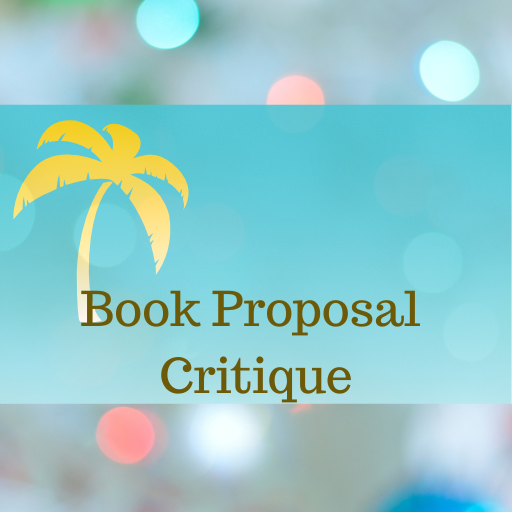How to Write a Nonfiction Book Proposal
For nonfiction authors pursuing traditional publication, they will need to know how to write a nonfiction book proposal.

Basics of How to Write a Nonfiction Book Proposal
This is like a business plan for a nonfiction book. It “sells” an agent or acquisitions editor on the book and convinces them to invest in it. It also helps the author create a roadmap for what they will do as they write and promote the book. For self-publishing authors, writing a book proposal first will help them figure out what they need to do to stand out from the crowd.
Elements of a Book Proposal
Essentially, a book proposal contains these sections:
Overview
A narrative section that describes the book and how it will be written, with details such as length, illustrations, and special features.
About the Author
A full description of who the author is and why they’re the right person to write this book.
Marketing/Promotion
A section that defines the proposed book’s audience and outlines the author’s plans for promoting the book, including special marketing hooks/ideas. This should contain action items that the author plans to do (promote the book on their blog, keynote at relevant events) and suggestions for publicity that a publisher wouldn’t automatically know about.
Competition
A comparison section that describe how the book is similar to – and different from – other books that have already been published. If there has never been a book like this one, that’s a very bad sign. This section should include titles that are fairly recent and have sold well.
Chapter Outline
A description of each chapter of the book, usually a couple of paragraphs per chapter. Bullet points help get material across quickly.
Sample Chapter(s)
One or two full chapters showcasing the author’s writing and the subject of the proposed book.
Presenting Your Book Proposal
Some agents and acquisitions editors may want to see a slightly different presentation, which the author can easily accomplish by varying the final format according to specific needs, which can usually be found on their websites.
The author needs to remember that the proposal will be seen by agents and editors who have hundreds of other query letters, manuscripts, and book proposals piled in their email inboxes. They often have assistants screen the pile first. The goal should be to hook them – overworked agents and editors and underpaid assistants – with a well-polished, well-thought out proposal.
Tips for Editors & Writers
-
Editing for Character Development
When you’re editing for character development, keep in mind that even small changes have ripple effects throughout the entire manuscript. So any changes you suggest need to be important, or else you’re asking the author to do a lot of work for little reward. For example, sometimes I’ll see editors suggest things like, “Hey, you…
-
Editing for Character Consistency
Because writing a novel manuscript takes place over a long period of time, character inconsistencies can crop up. Maybe in Chapter 1 the author says that Joe has never been in trouble with the law but in Chapter 12 he has a history as a felon. As the editor it can sometimes seem puzzling to…
-
10 Things a Developmental Editor Looks for in an Edit
A fiction editor looks for specific concerns in a manuscript. The following checklist can help you understand the basic story problems you may encounter as developmental editor. #1 Is this a type of genre fiction? If so, does it conform to genre requirements/expectations? If it is genre fiction but does not conform to expectations, is…
Join the Club!
New to story editing? Begin at the beginning.



